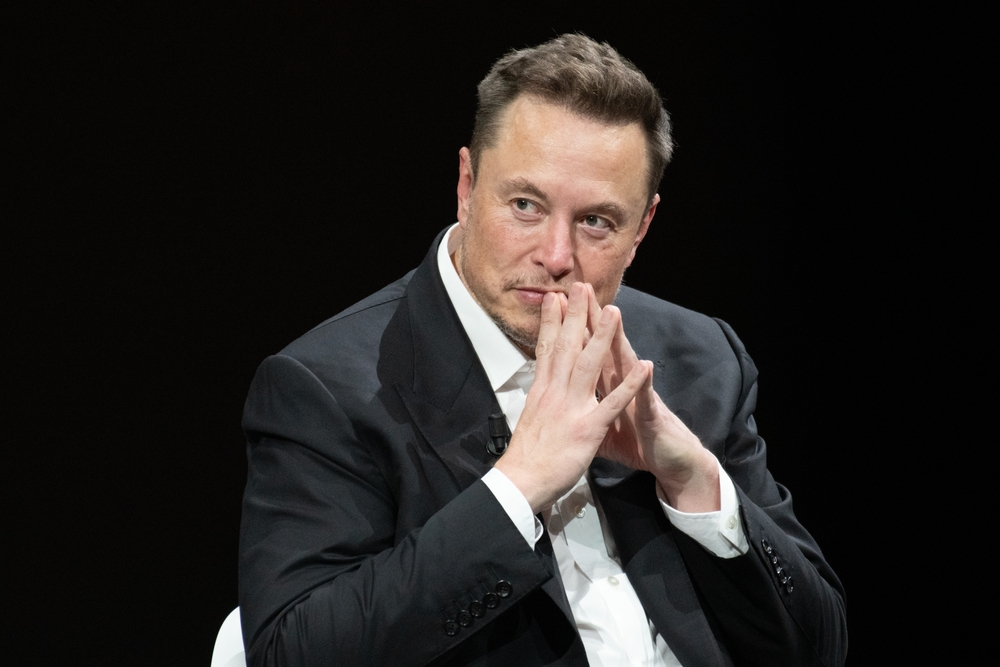Tesla’s stock soared by more than 14% on Wednesday, buoyed by investor enthusiasm following Donald Trump’s return to the White House. With Trump’s plans that could reduce EV subsidies and impose tariffs on Chinese imports, Tesla and its CEO Elon Musk appear poised to gain a strategic advantage over smaller EV competitors.
Market Impact and Industry Shift
While Tesla surged, shares of other electric vehicle makers saw significant declines. Nio, based in Shanghai, dropped 5%, while U.S.-based Rivian and Lucid Group fell by 9% and 8%, respectively. According to Wedbush analyst Dan Ives, Tesla’s unmatched scale could provide it with a unique edge in a market with reduced subsidies and heightened tariffs.
Competitive Advantage Under Trump Policies
Trump’s policies, which are expected to scale back incentives from the Inflation Reduction Act of 2022 and implement steep tariffs on Chinese goods, could limit competition from lower-cost Chinese EV makers. “This dynamic could give Musk and Tesla a clear competitive advantage,” Ives noted.
Tesla’s Market Dominance
Tesla remains a dominant force in the U.S. EV market, holding 48.9% market share through mid-2024, as reported by the Energy Information Administration. This established position may help Tesla weather changes in federal policies better than smaller or emerging competitors.
Musk’s Political Support and Influence
Musk was a prominent supporter of Trump during the presidential campaign, contributing at least $119 million to mobilize voter support and pledging $1 million a day to bolster his political action committee’s efforts.
Challenges and Investigations
Despite the stock surge, Tesla has faced challenges this year. Sales and profits declined in the first half of 2024, though profit rose 17.3% in the third quarter. The company has also been under scrutiny due to a federal investigation into its “Full Self-Driving” system following reports of crashes in low-visibility conditions, affecting about 2.4 million vehicles from 2016 to 2024.
Mixed Investor Sentiment
Tesla shares dipped last month after the unveiling of its robotaxi, as investors saw little progress in Tesla’s autonomous vehicle capabilities compared to advancements by rivals. Nonetheless, with recent gains, Tesla’s stock is now up 16% for the year.
As Trump’s presidency unfolds, investors and industry leaders will closely watch how these policy shifts impact Tesla’s market trajectory and the broader EV sector.


